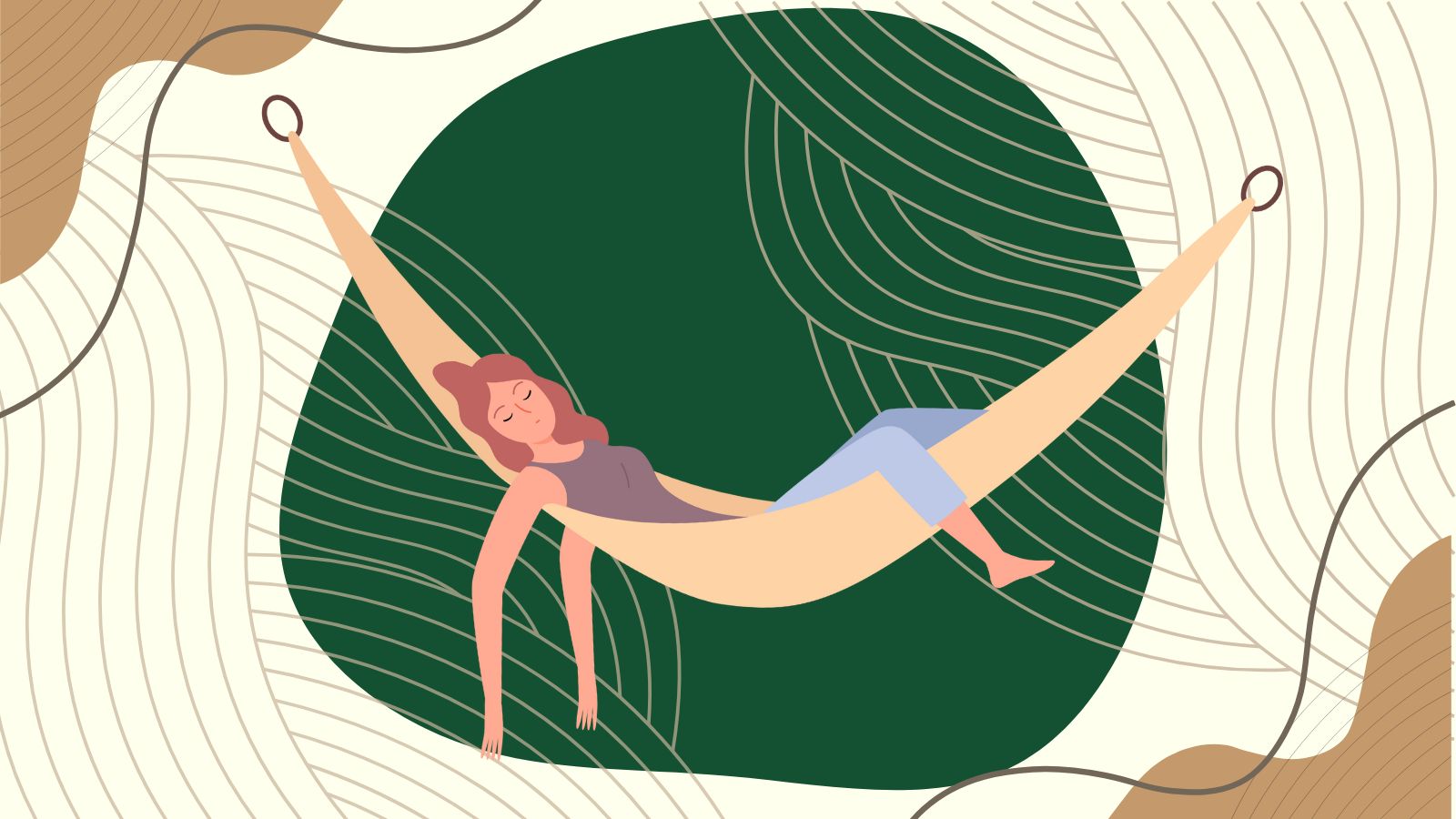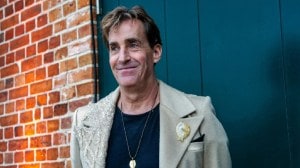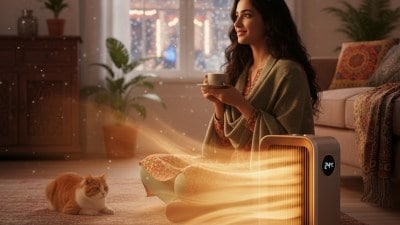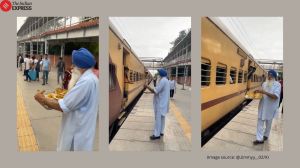There was a time in my twenties when I could finish work at 7 pm, get dressed by 8, and be out with friends by 9, all on a Tuesday. I would hop across the city with never-ending energy, attend a colleague’s birthday party, a rock gig, and a friend’s breakup support session all in the same night, fuelled by poor decisions and youthful enthusiasm.
Now, in my thirties, I find myself Googling “soothing sleep music” on a Friday night and genuinely feeling thrilled about it.

This isn’t burnout (okay, maybe a little); it’s a lifestyle shift. A conscious one. Call it adulting, call it opting out, but really, what I have embraced is something that’s become increasingly popular across millennial circles: slow living.
Slow living isn’t just about moving at a physically slower pace. It’s about doing nothing once in a while — not in an unproductive, lazy way, but in consciously stepping away from the pressure to optimise every moment. In a hyperactive world, where everything is within a fingertip’s distance, slow living is the deliberate act of giving your mind space to rest, wander, and simply be.
Why I pressed pause
For me, the turning point wasn’t dramatic. There was no breakdown — just a slow realisation that I no longer enjoy being everywhere. That my energy is spent better with fewer people, deeper conversations, and longer exhalations.
Now, I romanticise my weekends. I deep-clean my room like it’s therapy. I watch a lot of content, and sometimes re-watch, not because I don’t have options, but because re-watching is familiar, and familiar feels like safety. I no longer rush through things. I am calmer, I eat slower, and weirdly enough, I think more clearly.
This shift is also a form of self-preservation. As women, especially working women, we are constantly performing — at work, in relationships, or online. Slow living offers a gentle rebellion: the chance to stop. To exist without output. To stop entertaining, networking, and pleasing. To take back your time and spend it mindfully, whether that’s reading in bed, cooking badly, or just… staring out the window.
Story continues below this ad
Some might call it laziness or “going inward too much.” I call it healing. I call it peace.
Slow living is catching on
At its core, slow living is a refusal to see time as something that must be maximised. It means doing things for the joy of it, not just for their utility. Reading doesn’t have to mean catching up on the latest bestseller; it can be a wildly absurd novel you picked up on a whim, simply because it made you laugh. A podcast doesn’t need to be a masterclass in productivity. It can just be two strangers unpacking your favourite film, reminding you of why you love it in the first place. And in a world that’s constantly rushing, this way of living is starting to resonate deeply.
You see it online all the time: content creators peddle “slow mornings” with oat milk lattes and lo-fi playlists. But it’s also visible offline — in bookstores that double as cafes, in low-lit potluck dinners, in friends who now say “I can’t make it” with zero guilt and all the softness of someone choosing themselves.
Across my social feeds and friend groups, I have noticed the same pattern: people quietly retreating, ditching big plans for quiet rituals and skipping night-outs for night-ins, ones that involve making pasta from scratch, watching comfort shows, and starting book clubs with one member (themselves). Some of my brunch-warrior friends have retired and are now sending long voice notes of caring for their plants. People are logging off social media and opting out of group chats. Even dating has slowed — more voice calls, fewer chaotic meetups, more people saying, “Let’s just sit and talk.” Imagine that.
Story continues below this ad
It’s not antisocial. It’s curated solitude, and it’s part of a growing cultural shift. There have long been calls to retire the era of “hustling” and “rise and grind”. Glamourising busyness is now giving way to something softer. Millennials, once defined by FOMO and multitasking, are now collectively leaning into JOMO — the Joy of Missing Out — and nowhere is this more visible than in the quiet rise of slow living. Gen Z have caught on too, popularising “micro retirements” (a growing acceptance of career breaks for mental health or just re-inventing) and “coffee badging” (a middle ground between working out of office and home).
Recent reports show that Gen Z is ditching hyperactive metro cities like Delhi and Mumbai in favour of Tier-2 and 3 cities. Of course, affordable housing and the rise in work-from-home jobs have triggered the shift, but a part of it also reaffirms the shift towards slowing down.
Nothing says it better than a music cover by singer-songwriter Alex Saad (who chooses to go by the name sad alex) of American rapper Doechii’s viral hook, “Denial is a river”. With lines like “I like naps, I like beds, I like soft pillows and blankets for my sleepy head. I like cancelling plans and curling up on my couch. I like doing my favourite sh*t… staying in the house,” Alex spins a tongue-in-cheek anthem for the chronically exhausted.
So no, I haven’t disappeared. I have just shifted focus from the loudness outside to the stillness within.
Story continues below this ad
If I don’t show up at your party, know it’s not personal. I am probably home reorganising my closet, watching The Bear, eating cold pizza, and being unapologetically content. You are welcome to join. Just bring snacks and a vibe that matches mine.

































